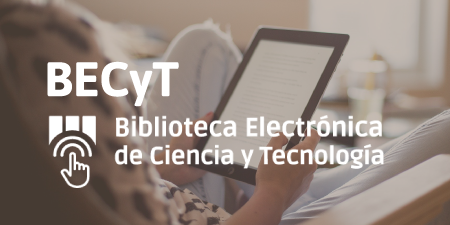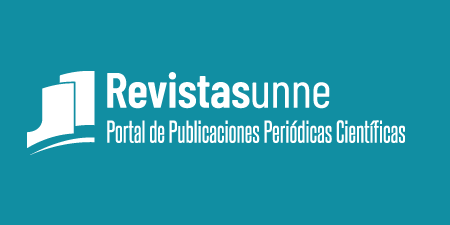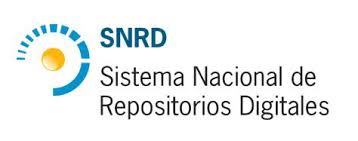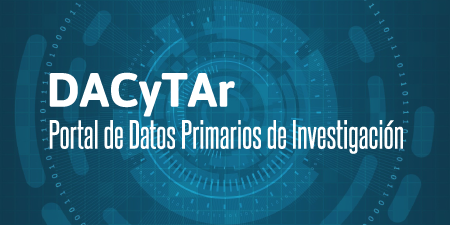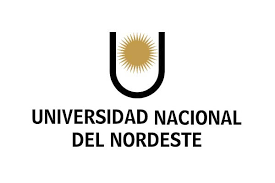Educación terapéutica de mujeres con diabetes gestacional (edugest) : datos correspondientes al período de reclutamiento
Education of pregnant women with gestational diabetes (edugest) : data collected in the recruitment period
Fecha
2019-12Autor
Gorban de Lapertosa, Silvia Beatriz
Alvariñas, Jorge
Elgart, Jorge F.
Salzberg, Susana
Gagliardino, Juan José
Metadatos
Mostrar el registro completo del ítemResumen
La prevalencla de diabetes gestaclonal (DG) en Ar-
gentina es de 4,7%, lo que implica mayor riesgo de desarrollar
complicaciones tanto maternas como del recién nacido, preveni-
bles mediante un diagnóstico precoz y un tratamiento oportuno.
Objetivos: promover la consulta precoz, el diagnóstico oportuno
y el tratamiento adecuado mediante un programa de educación
estructurado y multidisciplinara a nivel de Centros de Atención
Primaria de la Salud (CAPs) y maternidades.
Materiales y métodos: se reclutaron embarazadas con DG
en CAPs y maternidades de Buenos Aires, Corrientes, Chaco
y Ciudad Autónoma de Buenos Aires (CABA), con la participa-
ción de obstetras, diabetólogos, enfermeras, asistentes socia-
les, educadores, nutricionistas y médicos comunitarios. Para
el diagnóstico de DG se aplicaron los criterios de la Asociación
Latinoamérica de Diabetes (ALAD) y se relevaron simultánea-
mente hábitos nutricionales y parámetros clínicos, metabólicos
y terapéuticos. También se desarrollaron cursos de educación y
seguimiento durante el embarazo, parto, postparto y lactancia.
Resultados: las embarazadas con DG consultaron tardíamente
(la mayoría en el tercer trimestre de embarazo) y presentaron
factores de riesgo para DG no prevenibles (el más frecuente
fue el antecedente familiar de diabetes) y prevenibles (obesidad,
hipertrigliceridemia y macrosomía) en embarazos previos.
Conclusiones: el EduGest pretende interrumpir el círculo vicioso
generado por la DG sobre la futura diabetes mellitus tipo 2 en la
madre y el niño al promover la adopción de hábitos saludables. In Argentina the prevalence o f gestational dia-
betes (GD) is 4.7%, accounting for a higher risk o f developing
complications in both the m other and the baby which could be
prevented by early diagnosis and tim ely treatment.
Objectives: to prom ote early consultation, tim ely diagnosis
and adequate treatm ent through a structured and m ultidisci-
p lin a r education Program in Primary Healthcare (PHU) and
m aternity (PMU) units.
Materials and methods: pregnant women w ith DG were re-
cruited in PHU and PMU from Buenos Aires, Corrientes, Chaco
and CABA, Argentina. The program included the participation
o f obstetricians, diabetologists, nurses, social workers, edu-
cators, nutritionists and com m unity doctors. The ALAD diag-
nostic criteria for DG were applied. Simultaneously, nutritional
habits, clinical, m etabolic and therapeutic parameters were
recorded. Education and follow-up courses were developed
during pregnancy, delivery, after delivery and breastfeeding.
Results: late consultation was frequent in pregnant women
w ith GD (mainly during the third trimester), who presented
both non-preventable (the m ost frequent being family history
o f diabetes) and preventable (obesity, hypertriglyceridemia and
macrosomia) risk factors for GD in previous pregnancies.
Conclusions: EduGest is aimed at breaking the vicious circle o f
DG on the future development o f type 2 diabetes in the m other
and the baby by promoting the adoption o f healthy habits.
Colecciones
- Artículos de revista [296]

